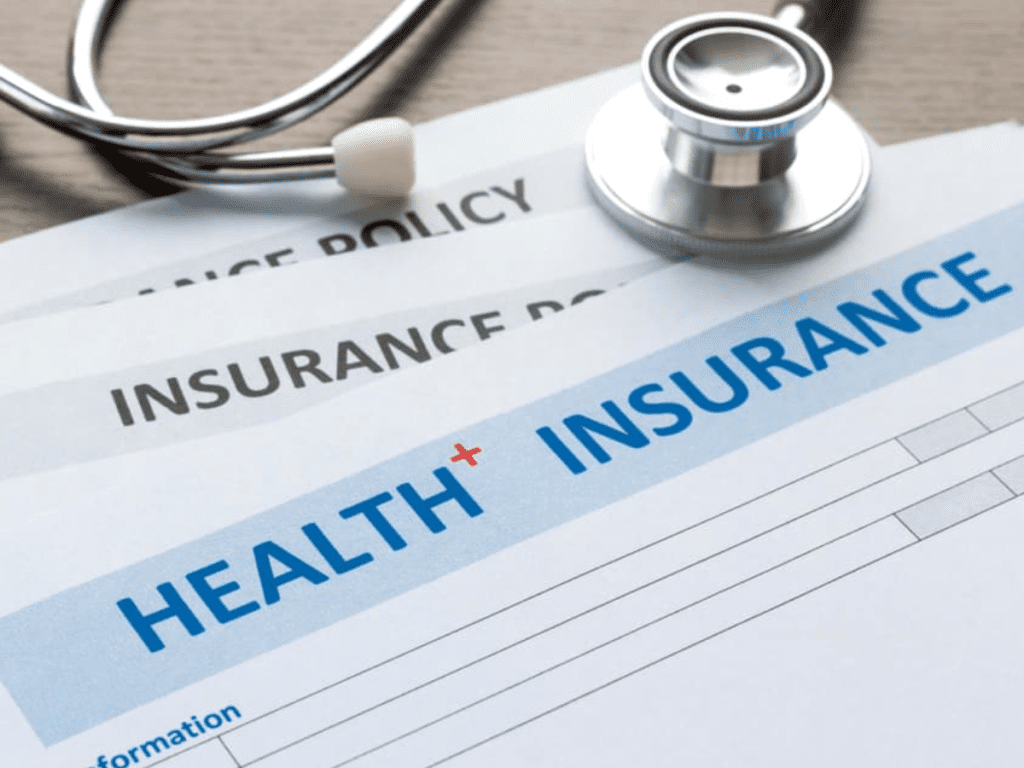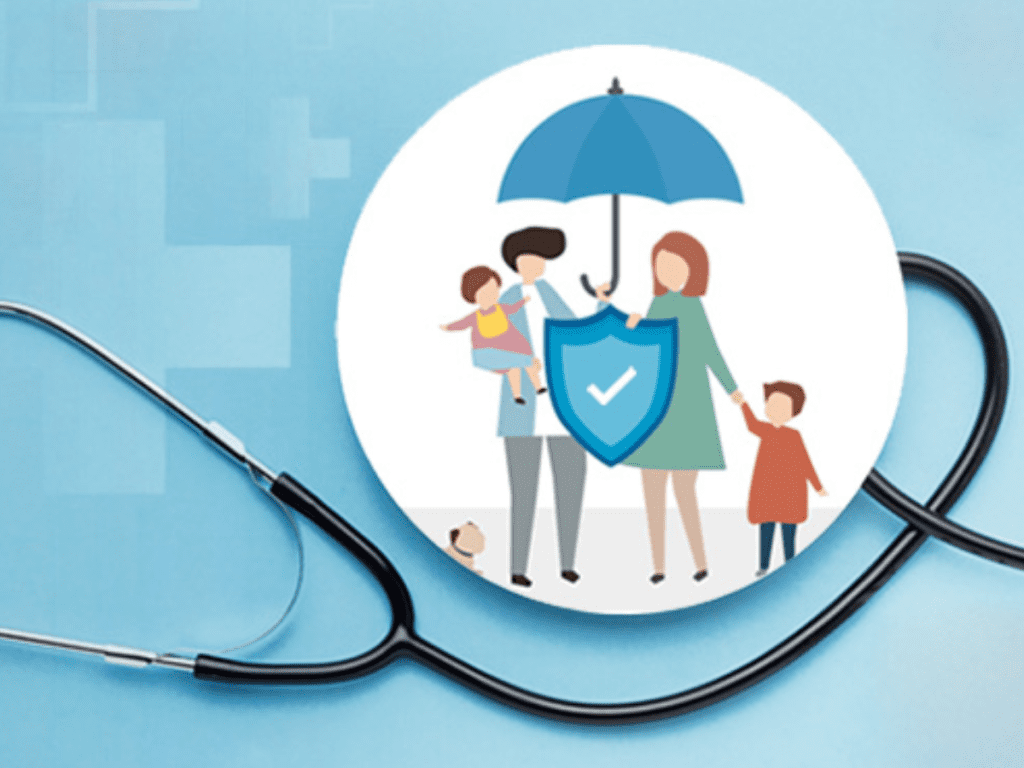Introduction
Traveling abroad is an exciting adventure filled with new experiences, cultures, and memories. However, it also comes with risks, one of the most significant being unexpected medical emergencies. Whether it’s a sudden illness, an accident, or a chronic condition that flares up, knowing how to handle medical emergencies abroad is crucial. One key factor in managing such emergencies is understanding how your health insurance works internationally. Many travelers mistakenly assume their domestic health insurance covers them wherever they go, but this isn’t always the case.
This article provides a comprehensive guide to handling medical emergencies while traveling abroad and how to effectively use your health insurance for international coverage.
Understanding Your Existing Health Insurance
Before traveling, review your current health insurance policy thoroughly. Most domestic health insurance plans provide little or no coverage overseas. Even if your plan includes some international benefits, the coverage may be limited to emergency care or might require upfront payment and later reimbursement.
You should contact your insurance provider directly and ask specific questions such as:
- Does my plan cover emergency medical treatment abroad?
- Are there specific countries where my coverage is not applicable?
- Will I need to pay out of pocket and file for reimbursement later?
- What types of services are covered, such as hospitalization, doctor visits, or evacuation?
This step is essential for avoiding surprises when you need care in a foreign country.
Consider Purchasing Travel Insurance
If your regular insurance doesn’t provide comprehensive international coverage, purchasing travel insurance with medical coverage is a wise decision. Travel insurance is specifically designed for short-term trips and typically includes:
- Emergency medical care
- Medical evacuation
- Trip interruption or cancellation
- Repatriation of remains
- Coverage for lost luggage or delayed flights
Some plans even offer 24/7 assistance hotlines that help you find local medical providers, schedule appointments, and manage language barriers.
Choose a policy that matches the nature of your trip. For instance, adventure travelers who engage in risky activities such as scuba diving or mountain climbing should ensure their policy covers injuries related to those activities.
Keep Essential Documents Ready
Preparation is crucial. Always carry a copy of your insurance card, travel insurance policy details, and emergency contact numbers. Keep both digital and printed versions in case of lost luggage or technical issues with your devices.
In addition to insurance information, maintain a copy of important medical records, prescriptions, and a list of allergies or chronic conditions. This documentation can be life-saving if you’re unconscious or unable to communicate with healthcare professionals in another language.
Know Where to Go in an Emergency
In case of a medical emergency, your first priority is to seek help. Know the local emergency numbers of the country you’re visiting. For example, 112 is the emergency number across the European Union, while 911 is used in the U.S. and Canada.
Identify nearby hospitals or clinics before you travel, especially if you’re visiting a remote or less developed area. Major cities usually have international hospitals with English-speaking staff, but rural areas might not.
Some travel insurance policies include access to a network of trusted hospitals or can guide you to accredited healthcare facilities. Utilize this feature to ensure you’re receiving quality care.
Understand the Payment Process
Even if you have international coverage, healthcare providers abroad often require upfront payment, especially if you don’t have local insurance. You may need to pay using cash or a credit card and then submit the receipts for reimbursement from your insurance company later.
Always ask for detailed bills and medical reports that outline the diagnosis and treatment you received. These documents are essential for filing a successful claim.
If your travel insurance provider offers direct billing with certain hospitals, inform the hospital staff right away and present your policy details to facilitate the process.
Dealing with Medical Evacuation
Medical evacuation is one of the most overlooked but crucial components of international travel insurance. If you become critically ill or injured and require advanced care that is not available locally, a medical evacuation can transport you to the nearest appropriate facility or even back to your home country.
These services are extremely expensive, sometimes costing tens of thousands of dollars. Without coverage, you may be left with a massive bill. Ensure your policy includes emergency evacuation and repatriation and understand the conditions under which this coverage applies.
Communicating with Your Insurance Provider
In the event of an emergency, notify your insurance company as soon as possible. Many policies have 24/7 emergency hotlines. The support team can:
- Advise you on the best facility to visit
- Communicate directly with the hospital
- Start the claims process
- Arrange emergency evacuation if needed
Failure to notify your provider in a timely manner may result in denial of your claim, especially if your policy requires pre-authorization for certain procedures.
Navigating Language Barriers
Communication can be a challenge during medical emergencies in a foreign country. If you’re in a place where English is not widely spoken, getting the right treatment can be difficult.
Use translation apps to explain symptoms and understand instructions. If your travel insurance includes translation services or access to an English-speaking medical liaison, make full use of these benefits.
In some cases, embassies and consulates can provide support by recommending English-speaking doctors or helping you contact family members back home.
Filing a Claim for Reimbursement
Once the emergency has been managed, your next step is to file a claim with your insurance provider. Be prepared to submit:
- Original medical bills and receipts
- A detailed medical report or discharge summary
- A copy of your passport and travel itinerary
- Your insurance policy number and claim form
Submit your claim as soon as possible. Some providers have a strict deadline (such as 30 or 60 days from the date of treatment). Late submissions may not be accepted.
Keep copies of all documents for your records and track your claim status by staying in touch with the insurance company.
Tips for Managing Pre-Existing Conditions Abroad
If you have pre-existing medical conditions, discuss your travel plans with your doctor well in advance. Carry enough medication for the entire trip and include extra doses in case of delays. Store medications in your carry-on luggage to avoid loss or theft.
Some travel insurance policies exclude coverage for pre-existing conditions unless you purchase a waiver. Read the fine print and consider a plan that includes coverage for your specific condition.
Wear a medical alert bracelet if you have conditions such as diabetes, epilepsy, or severe allergies. This can help healthcare providers deliver appropriate treatment quickly.
What to Do if You Don’t Have Insurance
If you find yourself facing a medical emergency abroad without insurance, your options become limited and expensive. You may need to rely on:
- Local emergency services (which may or may not be free)
- Personal savings or credit cards
- Help from your country’s embassy or consulate
- Charitable organizations or NGOs offering medical assistance
In many countries, hospitals will not provide care without payment, even in emergencies. This situation underscores the importance of having proper insurance before you travel.
Using Credit Card Travel Insurance Benefits
Some premium credit cards include travel insurance benefits when you use the card to book flights or accommodations. These benefits often include emergency medical coverage, evacuation, and trip cancellation.
However, the coverage limits are usually lower than standalone travel insurance policies. Contact your card issuer to confirm what’s included and request a copy of the benefits guide.
You may be required to file claims through your card provider’s insurance partner and follow specific procedures, so understand the process before traveling.
Seek Post-Emergency Support
After a medical emergency abroad, it’s common to feel overwhelmed or anxious. Many travel insurers offer post-care assistance, including:
- Follow-up treatment recommendations
- Counseling services for trauma or stress
- Help with continuing care upon return home
Additionally, notify your primary care doctor about your treatment abroad. They may want to conduct follow-up tests or adjust your medication based on what occurred.
Take Preventative Measures
Prevention is always better than cure. Before traveling, take steps to reduce the risk of medical emergencies:
- Get vaccinated as recommended for the destination
- Avoid risky activities without proper safety measures
- Practice food and water hygiene to prevent illness
- Wear appropriate clothing to avoid insect bites or sunburn
- Use hand sanitizer and practice good personal hygiene
If you’re traveling to a country with limited medical infrastructure, carry a small medical kit including bandages, antiseptic, over-the-counter medications, and any personal prescriptions.
Understanding Country-Specific Health Risks
Every country has its own unique set of health challenges. Some places may have outbreaks of diseases like malaria, dengue, or cholera, while others may have limited access to emergency care.
Consult the Centers for Disease Control and Prevention (CDC) or World Health Organization (WHO) websites before your trip. These resources provide valuable information on health alerts, recommended vaccinations, and travel advisories.
Local customs and infrastructure may also affect how healthcare is delivered. In some countries, alternative medicine is commonly used, while in others, cash-only payment systems are standard. Being informed helps you prepare accordingly.
Conclusion
Handling medical emergencies abroad requires a mix of preparation, awareness, and the right insurance coverage. Before embarking on your journey, take the time to understand your existing health insurance, purchase travel medical insurance if necessary, and keep all important documents and emergency numbers accessible.
In an emergency, act quickly, communicate with your insurer, and keep detailed records for reimbursement. Even if you never use your coverage, having it brings peace of mind and protects you from the financial and emotional strain of unexpected health crises.
Safe travels don’t just mean avoiding danger—they also mean being ready to handle whatever comes your way. Investing in the right insurance and knowing how to use it effectively can make all the difference in a medical emergency abroad.

